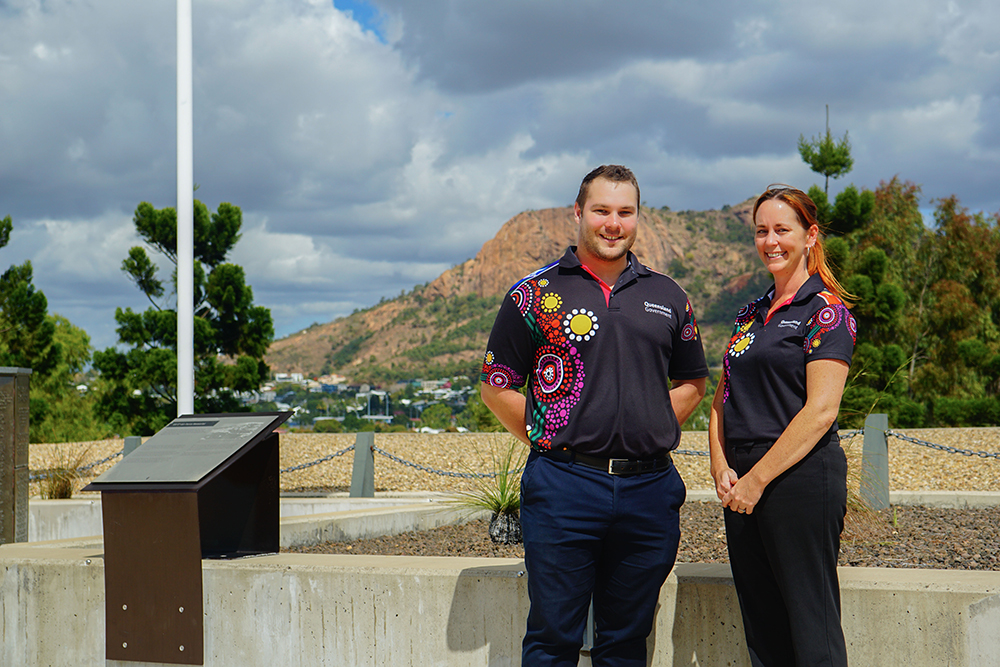Cultural safety in the time of coronavirus

QCS is working collaboratively with a range of agencies to plan for the safe return of Aboriginal and Torres Strait Islander people being released from prison to their communities of origin during the coronavirus pandemic
Principal Advisor of Murridhagun Cultural Centre Claire Walker said that as a part of the pandemic response, many remote communities had implemented travel restrictions and quarantine periods to protect vulnerable community members.
“The travel restrictions mean that prisoners and offenders need to self-isolate from the general public for 14 days before they are allowed back to their communities,” Ms Walker said.
“QCS recognises the risks in releasing Aboriginal and Torres Strait Islander prisoners without support to return to their home community.
“Those risks include homelessness and displacement, which could lead to greater risk of re-offending. It also increases the risk that released prisoners will attempt to return to their home community in contravention of the biosecurity restrictions, therefore committing further offences.
“Aboriginal and Torres Strait island people place great value on belonging to a group and conforming to the obligations and responsibilities of other group members within their communities. Belonging is integral to the Aboriginal and Torres Strait Islander culture and it enables them to connect to their land and their people,” Ms Walker said.
“If we assist people to return to their community, they can resume their role as father, uncle or leader in the community. The women from community always talk about having to take the man’s role whilst he is in prison and that does not have a good degree of fit culturally.
“Some Aboriginal and Torres Strait communities have far poorer health indicators than the general population, including disproportionately higher rates of problematic substance use, mental health issues and disability needs.
“Addressing the cultural safety of our prisoners and offenders could have positive implications to the wellbeing of the wider community and decrease the risk of re-offending.”
Assistant Commissioner Community Corrections Sarah Hyde said Community Corrections assisted prisoners with their transition back into the community, enabling opportunities for rehabilitation and lasting change.
“Our officers work alongside government and non-government organisations to address the needs of prisoners, while also working closely with external agencies to help address the social issues which can be a barrier to their successful rehabilitation.
“We are committed to working with our partners to find solutions to address the cultural needs of Aboriginal and Torres Strait Islander prisoners and support their return to their communities.
“We have also been working with Queensland Health, local councils and Queensland Police to establish a safe path to return prisoners to their communities.
“We will continue to work with other agencies to improve information-sharing, identifying and managing Aboriginal and Torres Strait prisoners and offenders with complex needs.”
